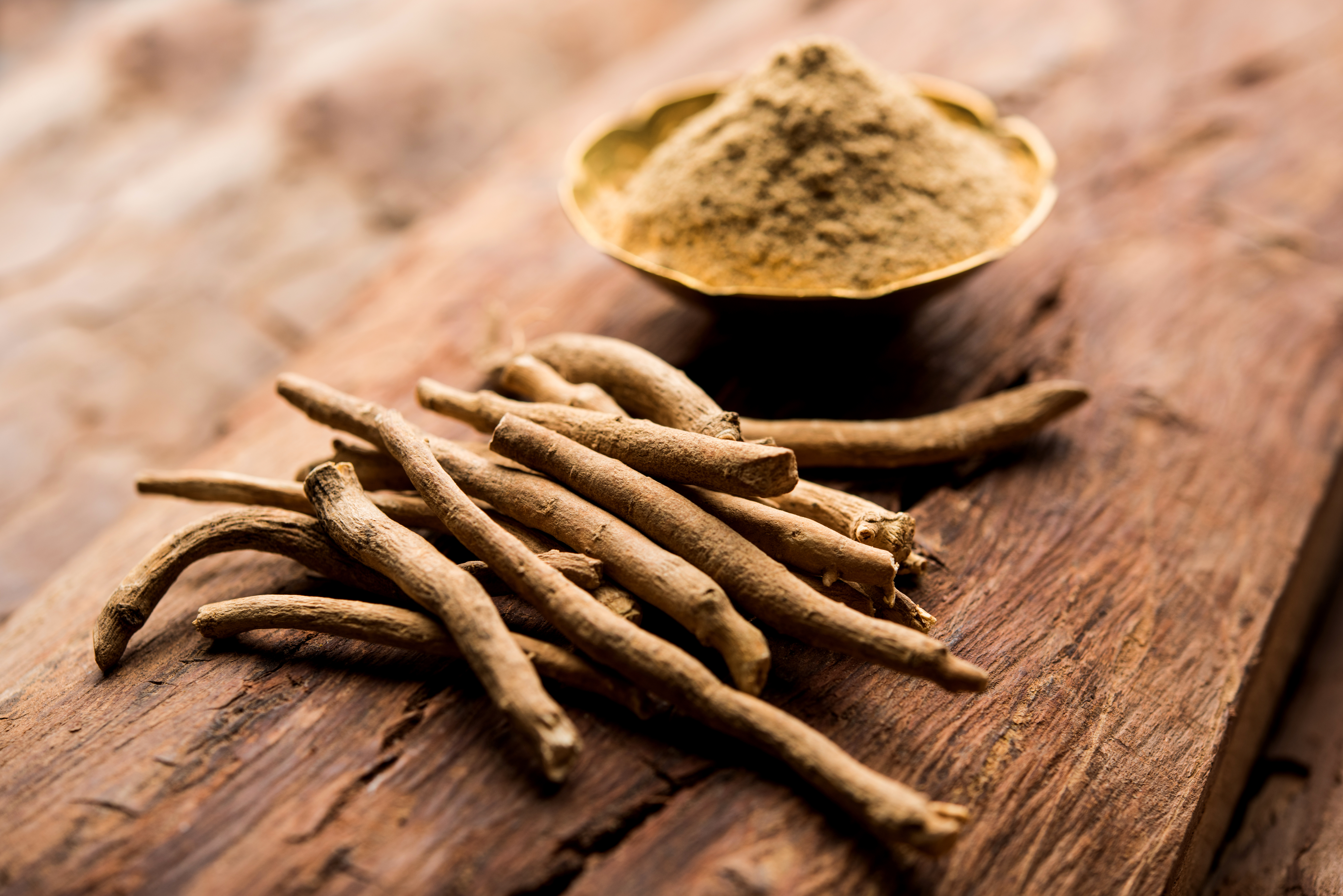
What is Ashwagandha?
Ashwagandha (Withania somnifera), also known as Indian ginseng or winter cherry, is a cornerstone of traditional Ayurvedic medicine. Its name comes from the Sanskrit words "ashwa" (horse) and "gandha" (smell), symbolizing the herb's strength-enhancing properties and its earthy aroma. Used for over 3,000 years in India, Ashwagandha has been traditionally employed to combat stress, support cognitive health, improve energy levels, and promote longevity.
The root of the plant is the primary part used in herbal medicine, although other parts like leaves and berries also have medicinal properties. It is native to India but is cultivated in parts of Africa, the Middle East, and the Mediterranean.
What Compounds Are in Ashwagandha?
Ashwagandha contains a diverse array of bioactive compounds, making it a powerful adaptogen and therapeutic plant. These include:
- Withanolides (like withaferin A, withanolide A-Y, witanone): Steroid-like lactones with anti-inflammatory and neuroprotective properties.
- Alkaloids (such as somniferine, tropine, anaferine): Provide sedative and muscle-relaxing effects.
- Saponins, Sterols & Flavonoids: Offer antioxidant and immune-modulating properties.
- Sitoindosides and Withanosides: Known for stress-relieving and cognitive-enhancing effects.
Why Do We Need Ashwagandha?
Modern lifestyles often come with chronic stress, poor sleep, fatigue, and metabolic disorders. Ashwagandha is classified as an adaptogen—an agent that helps the body resist physical and mental stress. The herb helps regulate the hypothalamic–pituitary–adrenal (HPA) axis and reduces cortisol levels, which are elevated during periods of chronic stress. Its multi-faceted properties make it a natural ally for:
- Combating anxiety and depression
- Supporting cognitive function
- Enhancing physical performance
- Improving reproductive health
- Regulating immune function and inflammation
Uses and Benefits of Ashwagandha
1. Stress and Anxiety Relief
Ashwagandha supplementation has been shown to significantly reduce cortisol levels and improve scores on anxiety and perceived stress scales. It helps stabilize mood by modulating neurotransmitters like serotonin and GABA.
2. Cognitive and Neuroprotective Effects
It exhibits strong neuroprotective effects, particularly in neurodegenerative disorders like Alzheimer’s, Parkinson’s, and Huntington’s disease. Withaferin A and withanolide A help reduce β-amyloid plaques, decrease oxidative stress, and modulate inflammatory responses in the brain.
3. Sleep Support
Ashwagandha root extract improves sleep quality, particularly in older adults and those with non-restorative sleep. Studies show better sleep onset, longer duration, and enhanced morning alertness without dependence or side effects.
4. Muscle Strength and Endurance
Clinical trials indicate that Ashwagandha enhances muscle mass, strength, and recovery. It's beneficial for athletes and fitness enthusiasts, improving VO2 max, testosterone levels, and reducing exercise-induced muscle damage.
5. Anti-Inflammatory and Immune Support
The herb modulates inflammatory pathways like NF-κB and MAPK, reducing cytokines such as TNF-α and IL-6. It also boosts immune cell activity and natural killer (NK) cell count.
6. Infertility and Sexual Wellness
In men, Ashwagandha improves sperm count, motility, and hormone profiles (testosterone, LH). In women, it has shown benefits in enhancing arousal, lubrication, and overall sexual satisfaction.
7. Antibacterial and Antiviral Action
Ashwagandha extracts inhibit harmful bacteria including Staphylococcus aureus, E. coli, and Salmonella typhi. It also shows antifungal properties against Candida albicans and potential antiviral effects against SARS-CoV-2.
8. Support for Hypothyroidism
It may help balance thyroid hormone levels, especially in subclinical hypothyroidism, without iodine dependence. It enhances T3 and T4 levels while reducing TSH.
9. Blood Sugar and Cholesterol Control
While more research is needed, preclinical studies show that Ashwagandha lowers blood glucose and improves lipid profiles, contributing to better metabolic health.
10. Cancer-Fighting Potential
Withanolides in Ashwagandha have been shown to induce apoptosis (programmed cell death) in cancer cells, including breast, prostate, and glioblastoma cells, while reducing side effects of conventional therapies.
Final Thoughts
Ashwagandha stands out as one of nature’s most comprehensive herbal remedies. Its multi-system support, minimal side effects, and centuries-long history make it a valuable addition to both traditional and modern wellness regimens. As with any supplement, it’s best to consult with a healthcare provider, especially if you're pregnant, breastfeeding, or on medication.
📚 References
-
Mikulska, P. et al. (2023). Ashwagandha (Withania somnifera)—Current Research on the Health-Promoting Activities: A Narrative Review. Pharmaceutics, 15(4), 1057. https://doi.org/10.3390/pharmaceutics15041057
